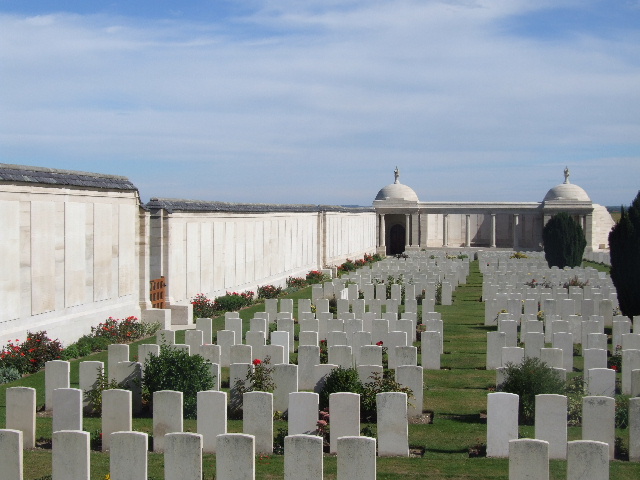Name
Frank Williams
Conflict
First World War
Date of Death / Age
08/10/1915
31
Rank, Service Number & Service Details
Private
G/5682
The Queen's (Royal West Surrey Regiment)
6th Bn.
Awards: Service Medals/Honour Awards
1914 /15 Star, British War and Victory medals
Cemetery/Memorial: Name/Reference/Country
LOOS MEMORIAL
Panel 95 to 97.
France
Headstone Inscription
NA
UK & Other Memorials
Potters Bar, Little Heath & Bentley Heath Memorial, Potters Bar,
All Souls Chapel Book of Remembrance, Potters Bar
Pre War
Frank Rumsey Williams was born in 1885 to William Rumsey Williams, builder, and Ellen Georgina (nee Cooper).
On the 1901 Census the family of parents, William (born 1880), Frank (born 1885), May (born 1892), Cecil Hugh (born 1893), Nellie (born 1895) and Sidney at Southgate Road, South Mimms.
Married Minnie Flora Rumsey on 29 Mar 1909 at St Mary the Virgin Walthamstow. There would be three Children: Roland Herbert (born 9 Sep 1909), Irene (born 23 Nov 1910) and Cyril Frank (born 13 Oct 1912).
On the 1911 Census Frank, Minnie and daughter Irene (born 1911) were living at Southgate Road, South Mimms, Potters Bar. Frank’s parents, May, Cecil, Nellie, and Sidney were also living on Southgate Road.
Wartime Service
No Service Record was found for Frank. However he enlisted as Private G/5682 in Queen’s Own (Royal West Kent Regiment) in 1914. Frank went to France on 29 Jun 1915 to join 6th (Service) Battalion, a unit of 12 (Eastern) Division situated at Ploegsteert.
In Sep the Division was switched to Loos arriving on 29 Sep and went into the Front line at Gun Trench-Hulluch Quarries sector on 30 Sep 1915. On 8 Oct 1915 the Division was heavily attacked, during this action Frank was reported killed in action. His remains were not recovered and he is remembered on the Loss Memorial.
Additional Information
War Gratuity of £3 and arrears of £2 2s 1d was paid to his widow Minnie. His brother Sidney served with King’s Liverpool Regiment and was killed in action on 30 Apr 1918.
Acknowledgments
Neil Cooper



